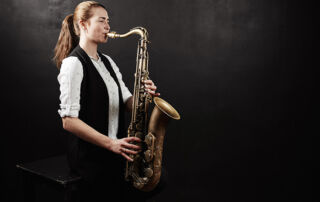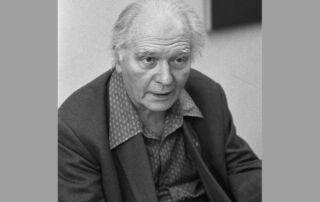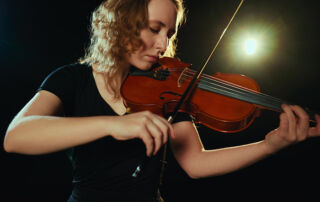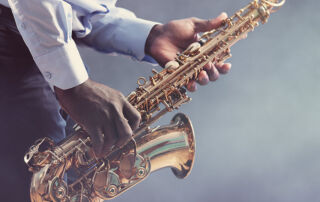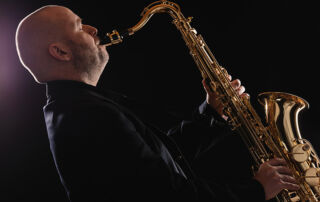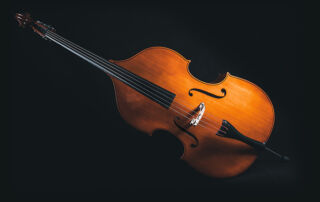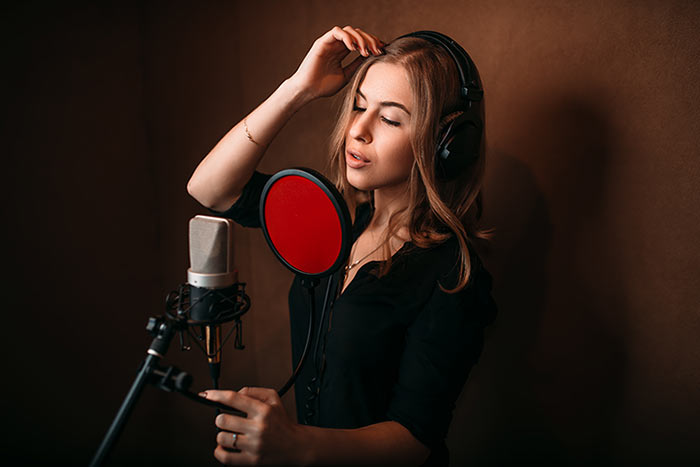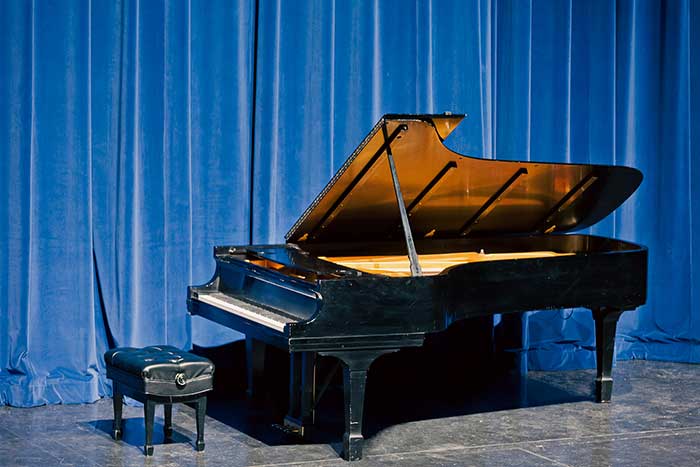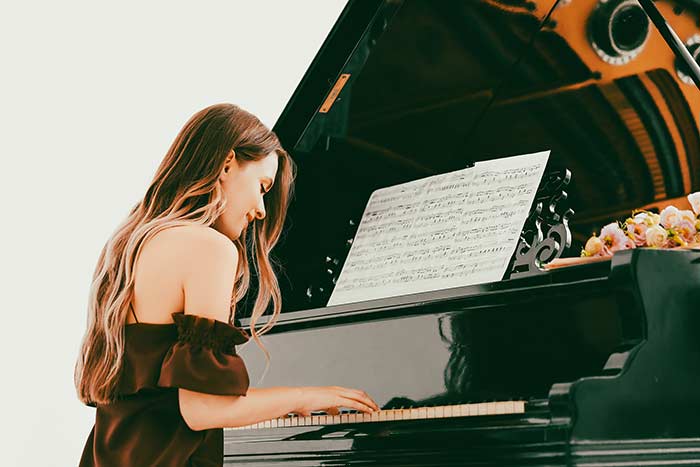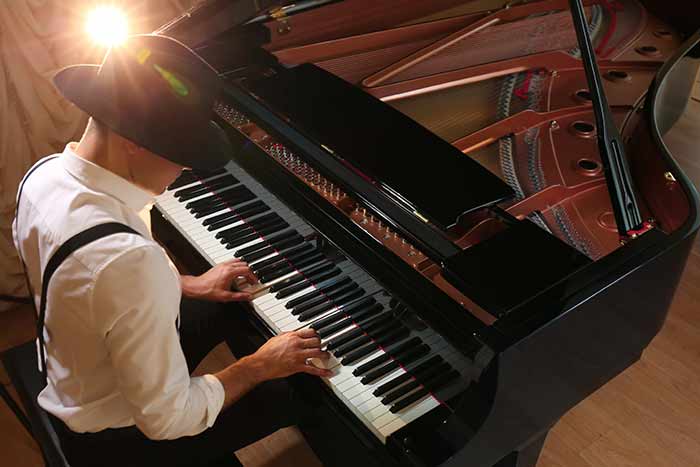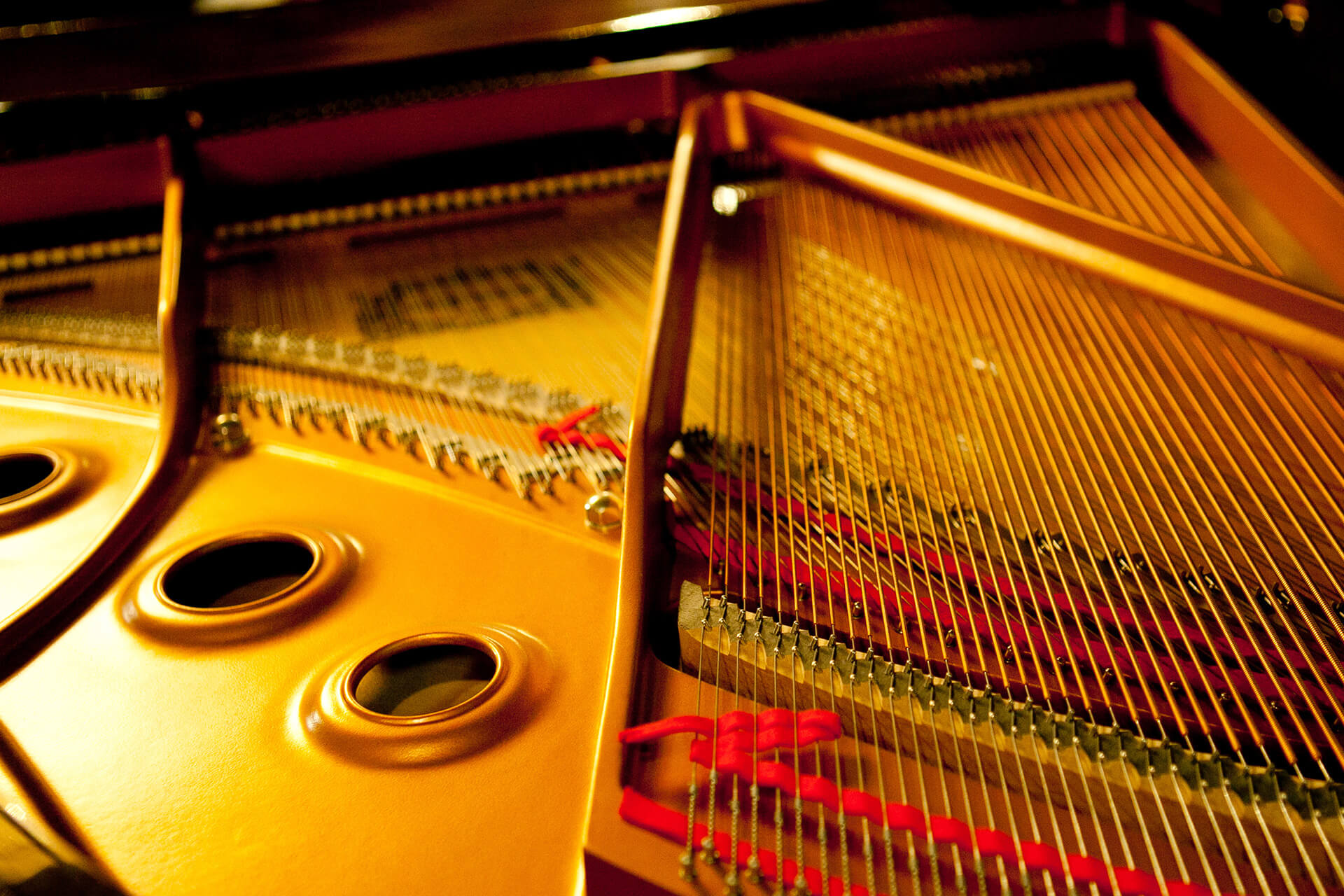The very mention of Paris makes most of us dream when it comes to art, architecture and history. There is a plethora of works tracing its birth to the present day. From the Gallo-Roman city of Lutetia, already famous at the time for the crossroads of the different populations that lived there, it is an extremely lively city, renowned for its cultural mix.
I will not provide you here with a chronological catalogue on the history of music from its origins, nor a tourist guide, as I do not claim to offer you anything new compared to the books you could find in the most renowned bookstores, though I still encourage you to explore them. My aim is simply to pique your curiosity about famous musicians and composers who loved Paris, lived there, or were just passing through the French capital.

The Baroque period
I have chosen to deliberately speak about a period which, in my humble opinion, was decisive for the musical life of Paris. We are under the reign of Louis XIV, who projected a grandiose image of art beyond the borders. At the court of Versailles, he gathered experts in all fields around him—architects, landscape gardeners, painters, actors, writers, musicians…
This is how Jean-Baptiste Lully, who was originally Italian but became French, attracted the interest of the absolute monarch. Many musicians and composers spent many years in the service of the powerful, as their material well-being often depended on it. This situation was often antagonistic to creative freedom and could create many tensions between patrons and composers… in the service of…
It was also during this period, in 1669 to be exact, that the Paris Opera was founded. The building you can admire today is much more recent, dating from the Second Empire. Before that, it was named the Royal Academy of Music by Louis XIV, established with the parallel consent of Colbert.
Music at that time was largely dominated by Italians Monteverdi and Lully. As with many arts in France, the Italian influence was predominant. Great European talents were brought in, and this practice continued for a very long time, as you will see.
We can mention the arrival and establishment of Jean-Philippe Rameau in 1722, who was greatly influenced by Italy. His music remains very present and was recently associated with a hip-hop choreography of his famous "Dance of the Savages" from his opera *Les Indes Galantes*. Here are a few names mentioned earlier that have left their mark on the capital, but this list is by no means exhaustive.

The Classical Period
Throughout Europe, music was marked by the prestigious names of Haydn, Mozart, and Beethoven. These brilliant musicians came to Paris. Haydn dedicated six symphonies, known as the "Paris Symphonies", to the city.
Mozart, still a child, performed during the reign of Louis XV. He made three appearances in Paris, with the last one in 1778. A few months later, he lost his mother, and it would be his turn two years after that.
Beethoven, as everyone knows, had a profound admiration for Bonaparte. However, this later turned into total disillusionment, which led him into despair. Coupled with his deafness, this situation drove him to contemplate suicide, as referenced in his Heiligenstadt Testament.

The Romantic period
How can we not mention Paris and the Romantic period, Paris, the city of star-crossed lovers?
So many monuments delight travellers from around the world. I could not possibly omit Frédéric Chopin, the Franco-Polish composer with his heart in Warsaw and his body in the Père Lachaise Cemetery. He had a tumultuous relationship with George Sand.
He was undoubtedly the most influential figure for many pianists due to his numerous compositions for the instrument, which Maurice Ravel himself enjoyed playing but especially listening to and admiring the composer's talent. Chopin lived in various parts of Paris, and I believe a tour operator could make the most of guided tours on this theme.
We see that Paris is a privileged musical and artistic hub. Rossini was the director of the Italian Theatre, and Berlioz worked during the same period... We obviously cannot name them all, as that is not the purpose here.

The post-Romantic period to the present day
You are beginning to realise, I imagine, the extraordinary richness of this musical heritage, which perfectly illustrates the French capital through different periods of history.
I have tried as much as possible to follow a chronological order, but this writing is very limited compared to reality.
At this point, I believe it is fair to say that Paris was an essential crossroads for many artists, musicians, and composers.
There was genuine enthusiasm from neighboring countries, an undisguised curiosity. We could even say in common parlance, it was "the place to be." This has continued to be true up to the present day.
Let's mention the French composers Camille Saint-Saëns, Gabriel Fauré, Claude Debussy, Maurice Ravel, Francis Poulenc, and Erik Satie... I surely forget some. This fame is well deserved, even across the Atlantic. Yes, French music was very much in vogue and adored in America. This cross-cultural influence was indeed real.
It seems that the connections between different arts were less compartmentalised than they are now. Literary works inspired composers, and not just in the composition of operas.
I would like to mention, in my humble opinion, Maurice Ravel's absolute masterpiece "Gaspard de la nuit" based on the poet Aloysius Bertrand, which brings tears to my eyes with its sheer splendor, as well as the jubilant "Daphnis et Chloé".
Diaghilev left us with lasting memories, particularly through commissions for the Ballets Russes from Stravinsky. Everyone has heard about the scandal of the premiere of "The Rite of Spring" at the Théâtre des Champs-Élysées…
To conclude, I will mention Pierre Boulez, composer, conductor, and fervent advocate of music in France. Thanks to him, the Cité de la Musique was born, just steps away from the Cité des Sciences, and the Philharmonie de Paris, one of the most beautiful concert halls in the world.
The panorama described in these few lines reflects the musical image I have of Paris. Music education is important because it delivers a universal language beyond words.

